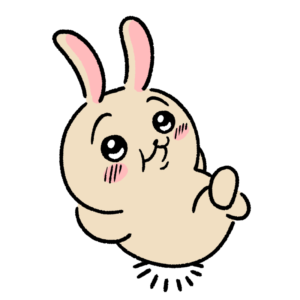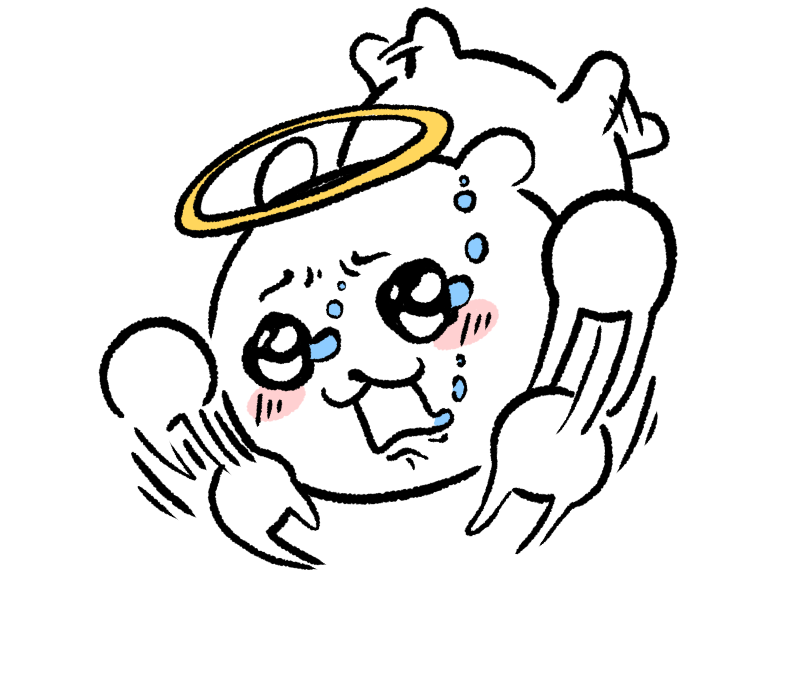While I have yet to succumb to a gambling addiction via blind boxes, my most persistent vice this year has been doomscrolling on TikTok. The latest rabbit hole I fell into was RaptureTok. Recently, a wave of Evangelical creators swore up and down that September would bring the rapture: the moment in Christian theology when believers are swept up into heaven, leaving the rest of us behind to face tribulation.
While the Riverside campus seemed … intact, I shuddered at the thought of waking up to half the world gone. The idea of facing a chaotic, hellish end of days alongside everyone else who failed to reach salvation sent chills down my spine.
Meanwhile, the same app kept feeding me clips of Chiikawa, a Japanese cartoon I’ve been not-so-quietly obsessed with. The show follows tiny, round, simply drawn animals navigating their soft, playful world together. The voices are squeaky, the plots are bite-sized, and my dwindling attention span couldn’t ask for a better distraction. Trying to live with whimsy, this silly cartoon has been the perfect addition to my life. 
But here’s the caveat: for every clip of Chiikawa and friends happily slurping noodles, there’s another where they’re being stalked by grotesque monsters, or worse, mutated versions of their own species. Beneath the pink cheeks and sparkly eyes, the Chiikawa universe is easy to misconstrue as cute and harmless, when in reality it’s a dystopian hellscape.
Chiikawa reveals a world built on punishment, where characters scrape by in a bleak gig economy, flunk-or-fail certification systems and even risk mutating into tragic monsters under pressure. It’s an oppressive pastel dystopia that mirrors real-world anxieties such as scarcity, overpopulation and endless survival tests. Yet Chiikawa and friends keep moving forward. It’s easy to call this perseverance, but I think there’s something more profound.
Absurdism, as described by Albert Camus, is the tension between our search for meaning and the universe’s refusal to provide any. In Chiikawa, that tension plays out daily. These small creatures face despair, failure and violence, and yet they return again and again. Sometimes, crying, singing or munching on udon. Yes, it’s silly, but also quietly revolutionary: they choose to live joyfully in the face of meaninglessness and to push forward with friends, snacks and songs, even when the world insists on cruelty.
It got me thinking about RaptureTok again … If the Chiikawa universe is hell, or at least purgatory, why didn’t these cuties get raptured? Shouldn’t their innocence count for something? Maybe innocence doesn’t matter. Maybe salvation is arbitrary, unfair or impossible to earn. Or maybe they didn’t need to be taken at all. By choosing joy and companionship in the face of absurd suffering, they’ve already found a kind of salvation here. Because in the end, perhaps the rapture never comes. Perhaps there is no cosmic rescue, no great escape. Just monsters, exams, friends and the occasional bowl of udon, and somehow, that’s enough.








